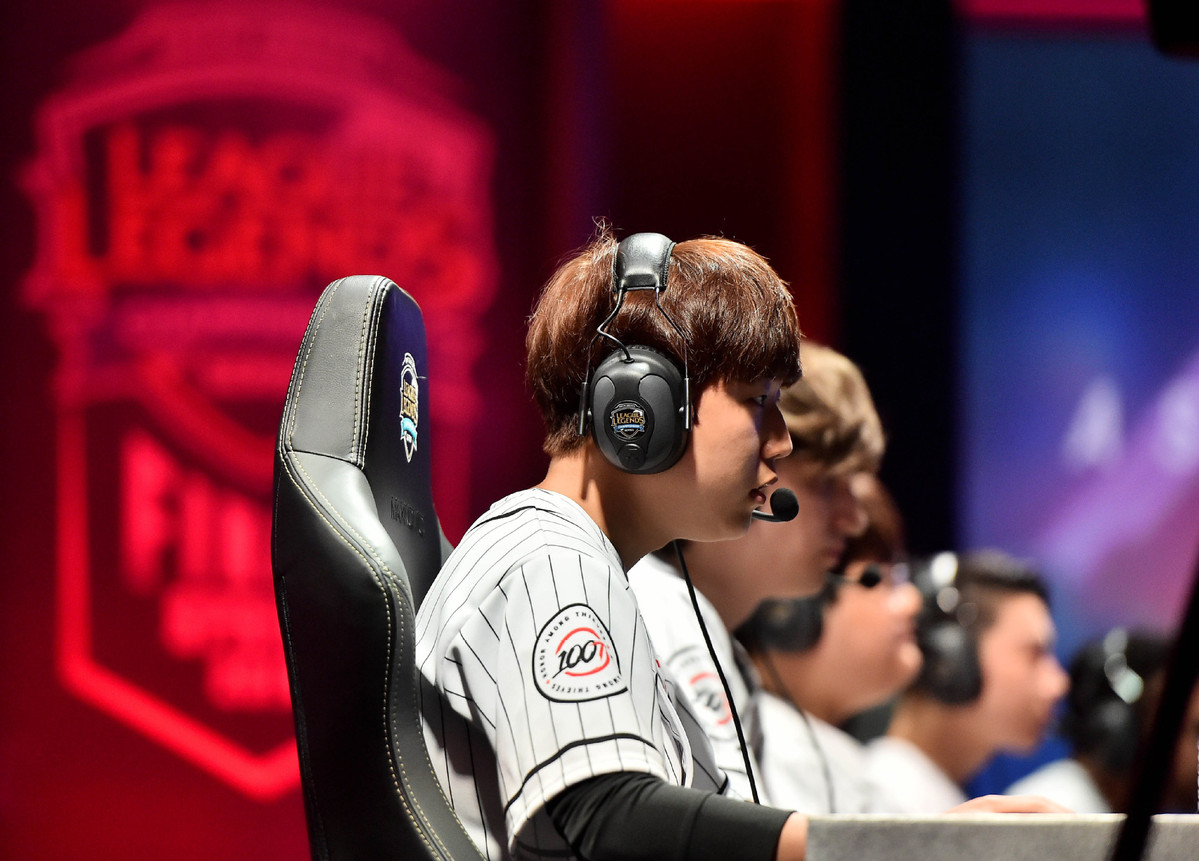University to launch course on gaming studies
By Wang Keju in Beijing and Zhou Lihua in Wuhan | China Daily | Updated: 2018-08-22 09:03

A university in Wuhan, capital of Hubei province, plans to join the growing number of Chinese colleges offering a course on electronic games, as the nation looks to fill the talent gap in the rapidly developing industry.
Huazhong University of Science and Technology's course - introduction to game studies - will be available from September next year and will interpret games from an academic perspective, said Xiong Shuo, a lecturer at the university's School of Journalism and Information Communication.
"Many young people are very interested in games but don't understand what a game is," Xiong, 30, said.
"The course won't train students to play games but will introduce issues related to video game research and development, technology, industry and psychology."
Xiong has been a video game fan since he was 4 years old, and he is keen on inventing games. He could not afford a travel chess game when he was in primary school, so he cut pieces of cardboard into small cards and drew on them, creating his own version.
"At that time, I thought to myself that I not only want to play games but also share interesting ideas with others and bring happiness to more people," Xiong said.
But when Xiong was admitted to Huazhong University's Computer Science Department in 2007, he discovered there was next to nothing in his major related to the study of games. That's when he decided to pursue further study in Japan after graduation.
Japan was then the world leader in the video game industry, and Xiong said he wanted to bring its experience and advanced methods back to China.
He returned to Huazhong University as a teacher this year after six years in Japan, where he earned a PhD.
"Many students will be involved in the game industry either through employment or investment, as the industry is developing into a backbone of the entertainment industry," he said. "I want to cultivate more talent for the future gaming development of our country."
According to the 2017 China Game Industry Development Report, the industry's annual revenue that year was 219 billion yuan ($34.6 billion), putting China hot on the heels of the United States, the world leader, on $36 billion.
Zhang Yangqing, a postgraduate student at the Wuhan university's School of Computer Science and Technology, said: "I love playing games and am really looking forward to working at a game company when I graduate. The course will help me a lot in having more profound knowledge about my future job."
When watching the closing ceremony of the Rio 2016 Olympic Games in Brazil, Xiong was amazed by an eight-minute video showcasing the next host city, Tokyo, in which Japanese Prime Minister Shinzo Abe dressed as video game character Mario to introduce Japan to the world.
"China has thousands of years of historical and cultural tradition. I've been reflecting on how to help more people understand and learn more about China through games," Xiong said. "This is what I'm going to do next."
























